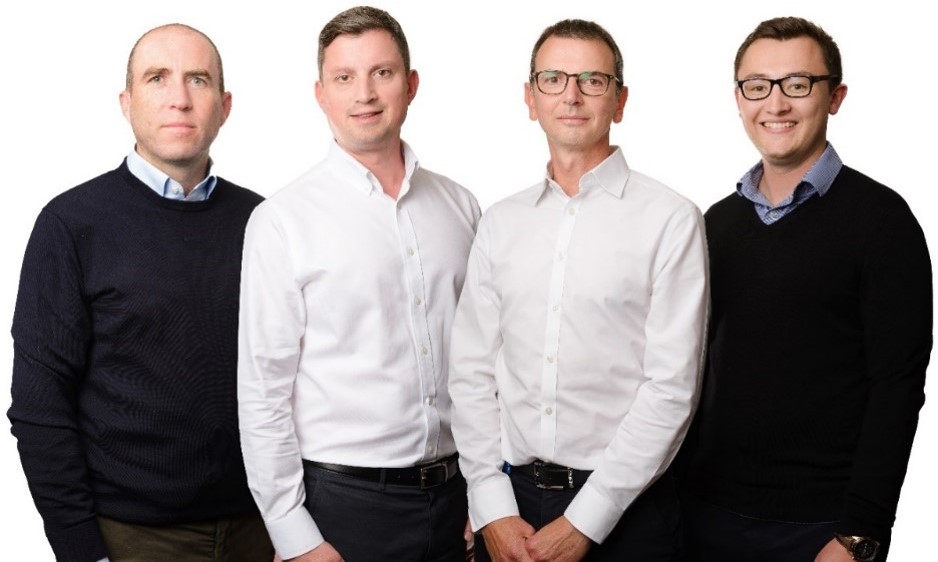
Part 2 – The IPO Process
7th July 2023
On the 27th April, we demonstrated why we thought the IPO process for investment trusts was close to absurd. Rather than repeat those arguments, we would urge you have a quick read (see here). It is our strong belief that the following issues need to be addressed:
Day 1 investors should receive £1 of assets for their £1. Any costs should be borne by the chief day 1 beneficiaries of the launch: the investment adviser. If the investment adviser does not have the capital to pay these costs, it is not hard to think of arrangements whereby they can finance it: either through borrowing the money with the debt secured against the fees as stated in the investment management contract, or by deferring the consideration due to the broker.
In general, day 1 investors should be rewarded not penalised – as happens with normal equity IPOs or even with open-ended funds (with founder share classes). Investors could be involved in the valuation and purchase of the day 1 portfolio (if it involves the purchase of a ready-made portfolio of assets). Subscription shares should be considered. A special class of share held only by day 1 investors could be considered. Too often, investment advisers benefit to a much greater degree than shareholders. Many asset management businesses have been launched / created / had their growth accelerated on the back of investment trust IPOs, and then sold for huge sums. Day 1 investors should share in these gains, with perhaps a revenue share on the fees earnt by the management company or a share class with a stake in the investment adviser.
IPOs of investment trusts should ideally not be cash shells. In some cases, transactions costs to acquire the seed portfolio can exceed 7% (e.g. property). Cash shells also mean execution risks, which are borne by the investor, making day 1 economics even more absurd. As a minimum, no fees should be earned on uninvested cash, and there should be penalties (on the investment adviser) if cash is not deployed within a certain time frame (e.g. a backstop wind-up provision).
There is an asymmetry of information at most investment trust IPOs that needs to be reflected in pricing. A new asset class comes to market (e.g. song royalties) and inevitably the investors know less than every other stakeholder and the due diligence process can’t cover the information gap. This is arguably true of all IPOs, but it is only with investment trusts that this risk isn’t rewarded adequately. Transparency and disclosure need to be enhanced for these asset classes.
All too often we find that the investment advisers are new to the investment trust world. For example, they may underestimate the risks of not trading at a premium (constraining growth) or the role of the Board. This can manifest itself in poor governance post-IPO (e.g. influencing the Board to issue shares at a discount) or treating shareholders with disdain.
Board selection is often opaque. The pool of non-executive directors is not as broad or deep as it should be. The Board is chosen after the investment adviser and broker have been appointed. Too often this results in a Board being too close to the investment adviser.
Post-IPO market dynamics are often far too unhealthy. Every penny is taken at IPO leaving a weak secondary market. If day 1 pricing were to be more in investors’ favour, perhaps books would be more often over-subscribed, and the probability of post-IPO premium ratings would be higher.
All IPOs should be accompanied with rock-solid longer-term protections – either in the form of continuation votes after a certain period of time (e.g. after the end of the term of the first management contract) or better, return of capital provisions if certain conditions are not met.
We have been encouraged that more brokers are engaging with us on this issue. We welcome the informal forums that we have participated in and would like to see more of them. We believe brokers have a crucial role in improving the economics and dynamics around the IPO process. Until the situation improves, we will continue to avoid the vast majority of IPOs.
Next week we tackle the key issues of alignment and structure.
From left to right: Ben Mackie, Ben Conway, Daniel Lockyer, Dan Cartridge

For professional advisers only. This article is issued by Hawksmoor Fund Managers which is a trading name of Hawksmoor Investment Management (“Hawksmoor”). Hawksmoor is authorised and regulated by the Financial Conduct Authority. Hawksmoor’s registered office is 2nd Floor Stratus House, Emperor Way, Exeter Business Park, Exeter, Devon EX1 3QS. Company Number: 6307442. This document does not constitute an offer or invitation to any person, nor should its content be interpreted as investment or tax advice for which you should consult your financial adviser and/or accountant. The information and opinions it contains have been compiled or arrived at from sources believed to be reliable at the time and are given in good faith, but no representation is made as to their accuracy, completeness or correctness. Any opinion expressed in this document, whether in general or both on the performance of individual securities and in a wider economic context, represents the views of Hawksmoor at the time of preparation and may be subject to change. Past performance is not a guide to future performance. The value of an investment and any income from it can fall as well as rise as a result of market and currency fluctuations. You may not get back the amount you originally invested. FPC1140.
